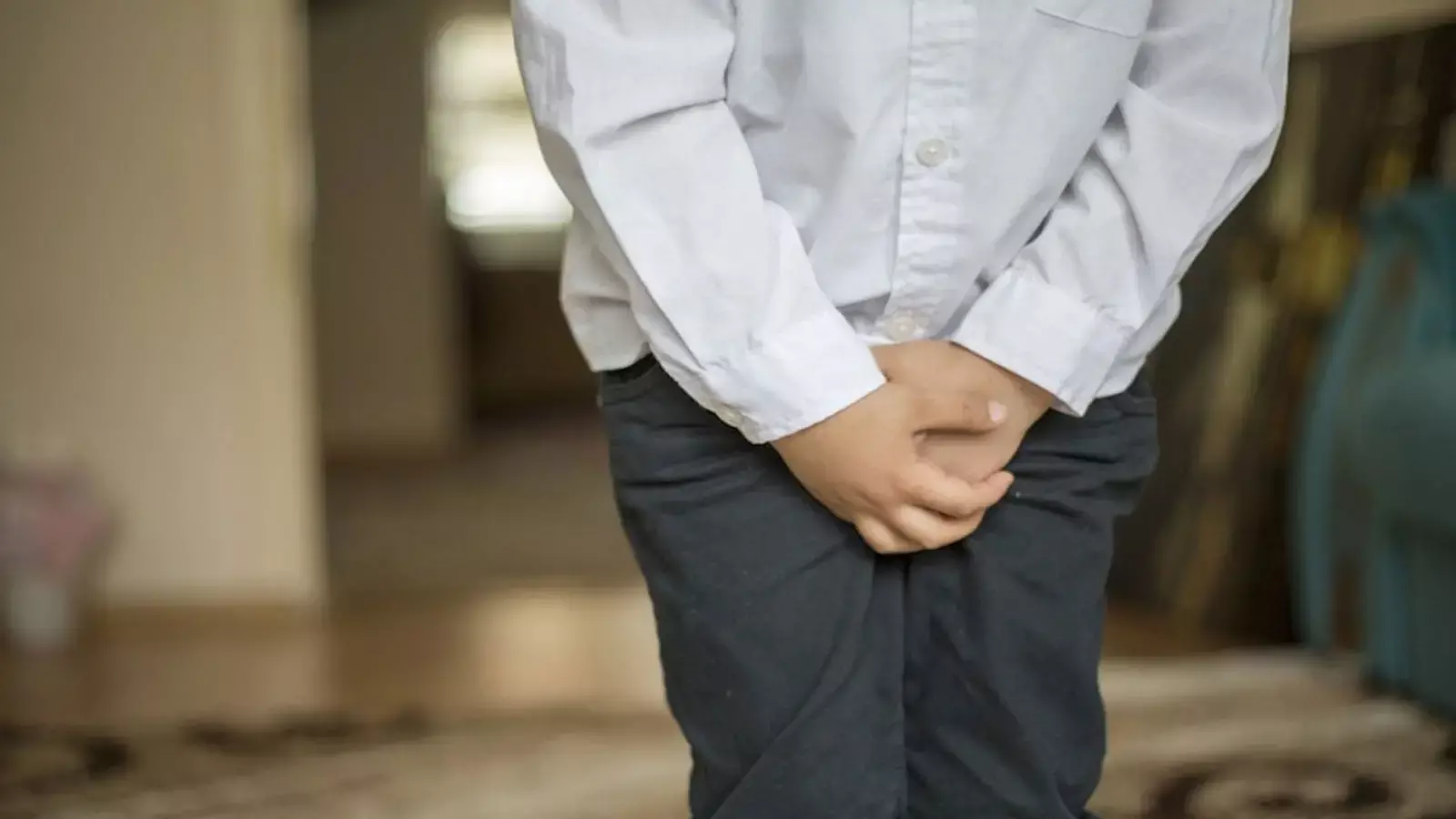- Home
- Medical news & Guidelines
- Anesthesiology
- Cardiology and CTVS
- Critical Care
- Dentistry
- Dermatology
- Diabetes and Endocrinology
- ENT
- Gastroenterology
- Medicine
- Nephrology
- Neurology
- Obstretics-Gynaecology
- Oncology
- Ophthalmology
- Orthopaedics
- Pediatrics-Neonatology
- Psychiatry
- Pulmonology
- Radiology
- Surgery
- Urology
- Laboratory Medicine
- Diet
- Nursing
- Paramedical
- Physiotherapy
- Health news
- Fact Check
- Bone Health Fact Check
- Brain Health Fact Check
- Cancer Related Fact Check
- Child Care Fact Check
- Dental and oral health fact check
- Diabetes and metabolic health fact check
- Diet and Nutrition Fact Check
- Eye and ENT Care Fact Check
- Fitness fact check
- Gut health fact check
- Heart health fact check
- Kidney health fact check
- Medical education fact check
- Men's health fact check
- Respiratory fact check
- Skin and hair care fact check
- Vaccine and Immunization fact check
- Women's health fact check
- AYUSH
- State News
- Andaman and Nicobar Islands
- Andhra Pradesh
- Arunachal Pradesh
- Assam
- Bihar
- Chandigarh
- Chattisgarh
- Dadra and Nagar Haveli
- Daman and Diu
- Delhi
- Goa
- Gujarat
- Haryana
- Himachal Pradesh
- Jammu & Kashmir
- Jharkhand
- Karnataka
- Kerala
- Ladakh
- Lakshadweep
- Madhya Pradesh
- Maharashtra
- Manipur
- Meghalaya
- Mizoram
- Nagaland
- Odisha
- Puducherry
- Punjab
- Rajasthan
- Sikkim
- Tamil Nadu
- Telangana
- Tripura
- Uttar Pradesh
- Uttrakhand
- West Bengal
- Medical Education
- Industry
General anesthesia may trigger post operative urinary retention in endoscopic nasal surgery

Postoperative urinary retention (POUR) is influenced by many factors, and its reported incidence rate varies widely. However, as reported in the Ear, Nose and Throat Journal, it has been found out that general anesthesia for endoscopic nasal surgery may be a potent trigger for urinary retention in elderly male patients.
Yong Won Lee et al from the Department of Otorhinolaryngology-Head and Neck Surgery, Veterans Health Service Daejeon Hospital, Daejeon, Republic of Korea aimed to investigate the occurrence and risk factors for urinary retention following general anesthesia for endoscopic nasal surgery in male patients aged >60 years.
The authors carried out a retrospective review of medical records, where they identified 253 patients who fulfilled the inclusion criteria. Age, body mass index (BMI), a history of diabetes/hypertension, American Society of Anesthesiologists (ASA) classification, and urologic history were included as patient-related factors.
Urologic history was subdivided into 3 groups according to history of benign prostate hyperplasia (BPH)/lower urinary tract symptoms (LUTS) and current medication. Various parameters were analyzed, which categorized as perioperative variables for POUR development. These included duration of anesthesia and surgery; amount of fluid administered; rate of fluid administration; intraoperative requirement for fentanyl, ephedrine, and dexamethasone; postoperative pain; and analgesic use.
Preoperatively measured prostate size and uroflowmetry parameters of patients on medication for symptoms were compared according to the incidence of urinary retention.
The study results showed that age (71.4 vs 69.6 years), BMI (23.9 vs 24.9 kg/m2), a history of diabetes/hypertension, ASA classification, and perioperative variables were not significantly different between patients with and without POUR.
Also, only urologic history was identified as a factor affecting the occurrence of POUR (P = .03). The incidence rate among patients without urologic issues was 5.9%, whereas that among patients with BPH/LUTS history was 19.8%.
Among patients taking medication for symptoms, the maximal and average velocity of urine flow were significantly lower in patients with POUR.
As a result, the authors concluded that general anesthesia for endoscopic nasal surgery may be a potent trigger for urinary retention in male patients aged >60 years. The patient's urological history and urinary conditions appear to affect the occurrence of POUR.
Dr. Nandita Mohan is a practicing pediatric dentist with more than 5 years of clinical work experience. Along with this, she is equally interested in keeping herself up to date about the latest developments in the field of medicine and dentistry which is the driving force for her to be in association with Medical Dialogues. She also has her name attached with many publications; both national and international. She has pursued her BDS from Rajiv Gandhi University of Health Sciences, Bangalore and later went to enter her dream specialty (MDS) in the Department of Pedodontics and Preventive Dentistry from Pt. B.D. Sharma University of Health Sciences. Through all the years of experience, her core interest in learning something new has never stopped. She can be contacted at editorial@medicaldialogues.in. Contact no. 011-43720751
Dr Kamal Kant Kohli-MBBS, DTCD- a chest specialist with more than 30 years of practice and a flair for writing clinical articles, Dr Kamal Kant Kohli joined Medical Dialogues as a Chief Editor of Medical News. Besides writing articles, as an editor, he proofreads and verifies all the medical content published on Medical Dialogues including those coming from journals, studies,medical conferences,guidelines etc. Email: drkohli@medicaldialogues.in. Contact no. 011-43720751


